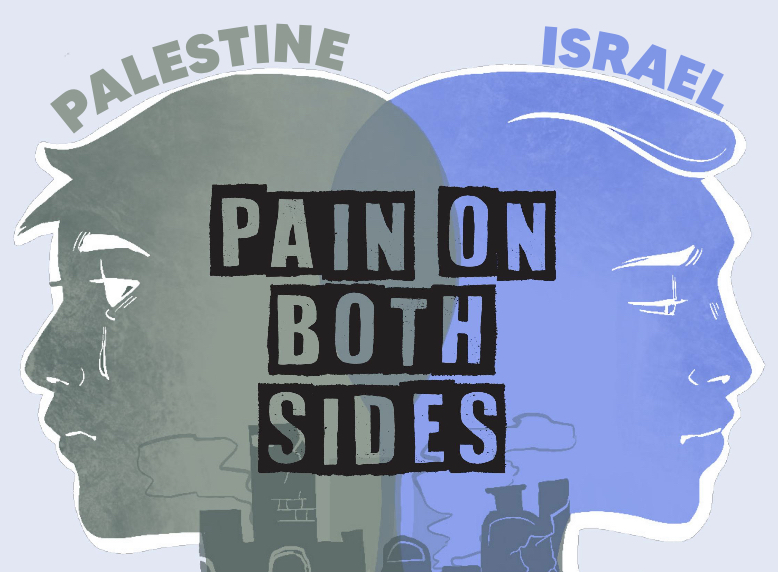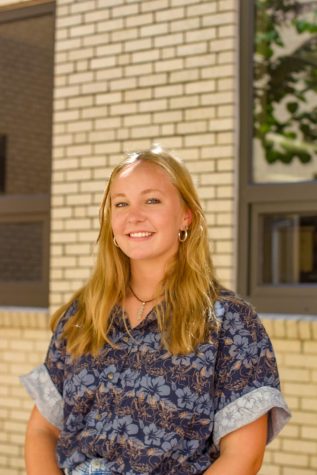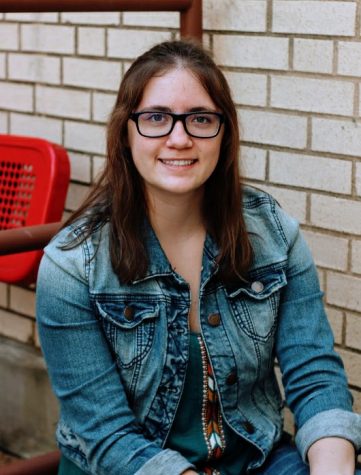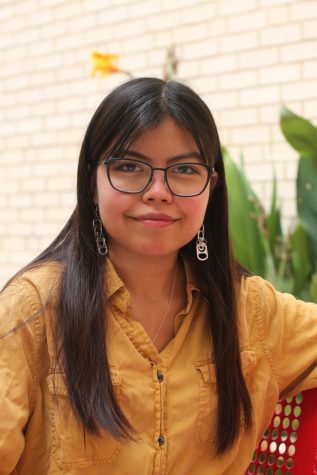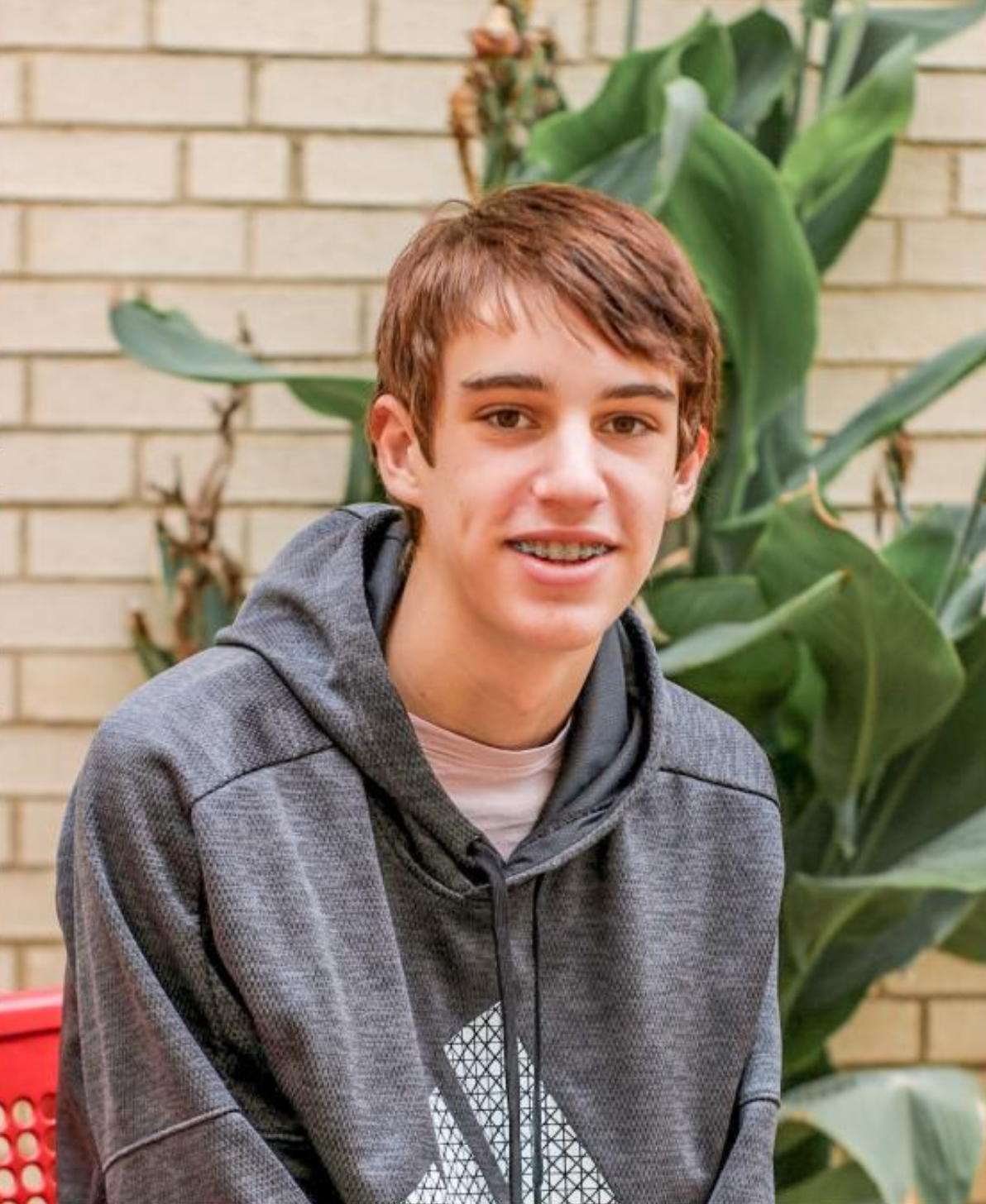
Editor’s note: This story was named an honorable mention for feature stories in the 2021 TAJE Best of Texas contest.
The first time sophomore Asa McCann was told he had been exposed to COVID, it felt surreal. He stood in the tennis hallway at the beginning of fourth period, waiting for practice to start. Nothing seemed out of the ordinary until one of the athletes opened Snapchat to view his friends’ stories. That’s when it became clear that one of his teammates was quarantining because of possible exposure to COVID.
When he got home that day his fear was confirmed. He got a call from his coach, who let him know that he would have to quarantine. McCann and his family drove to the clinic to get tested. He was nervous and wanted fast results, so he opted for the rapid antigen test, one of two main types. Both the antigen and PCR tests are primarily done by a nasal swab. According to the CDC, antigen tests are faster and less expensive, but the PCR tests are highly accurate and have fewer false readings.
“It wasn’t as bad as everyone was making it out to be in my opinion,” McCann said. “They didn’t shove anything up to my brain or anything like that.”
After 20 minutes of waiting, he was relieved when the doctor came into the room to let him know that the test was negative. However, he still needed to stay home and self-isolate for 14 days out of caution and LISD policy. Initially, McCann looked forward to sleeping in and completing work at his own pace while at home.
As the days progressed, he settled into a pattern. A usual day consisted of a couple of hours completing homework and even more hours watching TV. Some days he watched two or even three movies. Without any teachers to guide him towards school work, he found it difficult to choose academics over fun activities and as a member of the tennis team, he struggled finding the motivation to practice.
“If you’re doing something a lot and you just put a halt on it for two weeks you won’t be the same when you come back,” McCann said. “My personal play was affected.”
Without being face-to-face with his teachers and classmates, McCann had more difficulty communicating when he needed help. Since teachers have in-person students, it was difficult to get fast responses the way that he would in person.
“Math was the big one for me,” McCann said. “I was having to go onto YouTube and having to search up how to do everything.”
When he started high school, McCann realized the importance of academics and started taking school more seriously.
“Last year I had the best academic year of my life,” McCann said. “So I really want to keep that going.”
After the mandatory quarantine was over, McCann looked forward to coming back to school. He said he was excited about the small things that a lot of students take for granted, such as eating lunch and walking to classes with his friends.
• • •
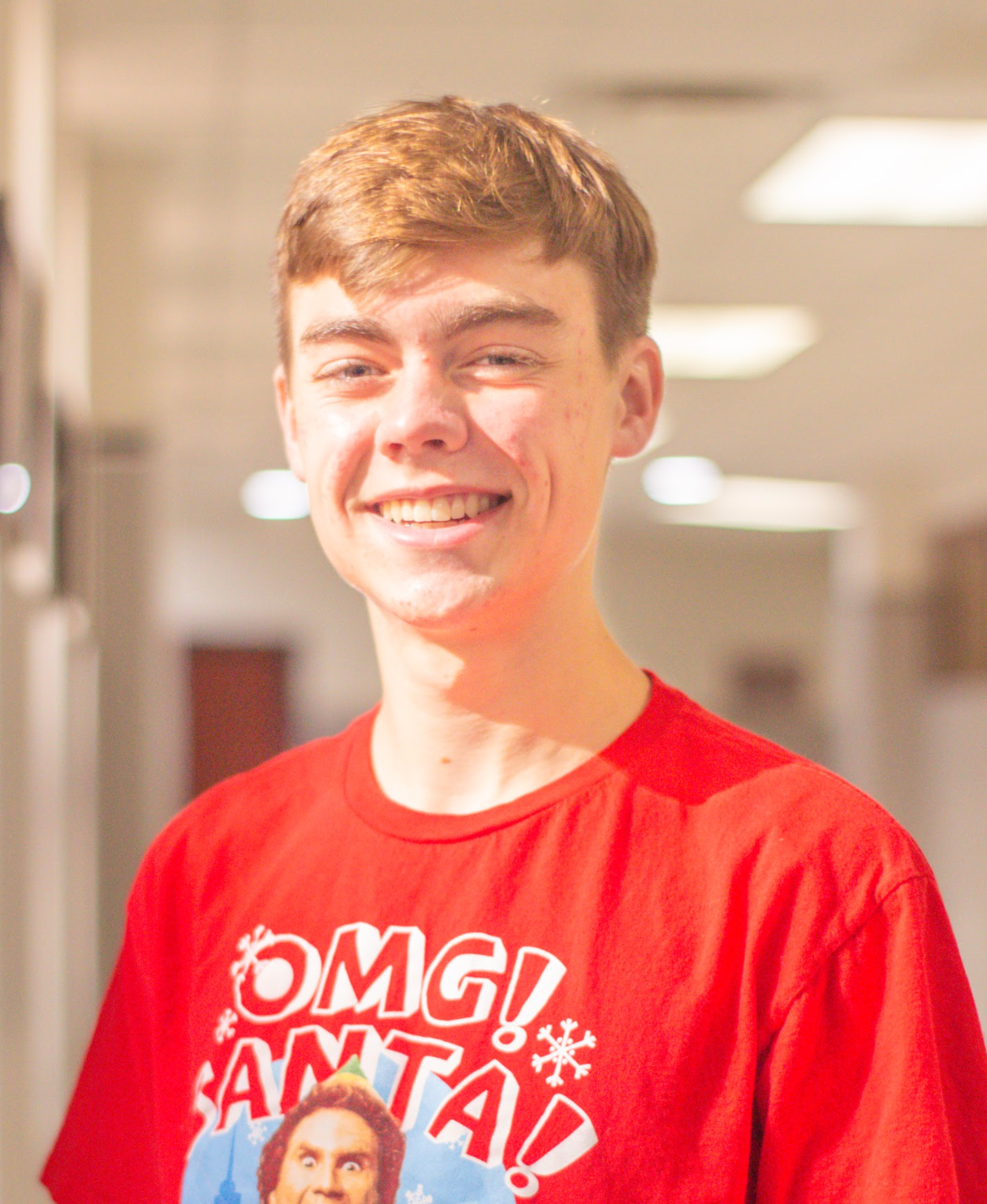
As the pandemic continues and cases continue to rise, students are frequently being pulled out of class and isolated after coming into contact with an infected person. However, not all quarantined students contract the virus at school. Senior Josh Clark was quarantined for two weeks after his mom tested positive for COVID.
“I missed a really important cross country race and I missed two weeks of choir,” Clark said. “I missed hanging out with my friends.”
When Clark found out that his mom had contracted COVID, he got tested four times, despite each coming back negative. According to the CDC, there is a chance with COVID tests that there may be false negatives if the sample does not contain enough of the virus to be traced or false positives if the sample is contaminated during analysis. Clark didn’t want to take any chances when it came to his and his family’s safety.
While his mom had a very mild case of the virus, Clark and his family took a lot of precautions to try avoiding spreading it any further. Because the rest of the family was negative, his mom was advised to wear a mask in the house and try to stay confined to her bedroom. Clark and the rest of his family were told to wash their hands and avoid going out too much. According to Clark, staying socially distant is difficult for adults too. He said that it was very difficult for his mom, who is typically active, to follow all of the guidelines and to be waited on by her family.
“She is a very go get ‘em gal,” Clark said. “So she really hated that and would frequently leave her room.”
Clark said that staying home and socially distancing from friends and family is very difficult, even though it is important to limit the spread of the virus.
• • •
This sacrifice is something that McCann knows all too well. Less than two full weeks after he was allowed to come back to school, McCann was in his second period class waiting for the bell. Because his first period is close to his second, he typically gets there early. As he was standing in the classroom, he noticed a woman walk in with a clipboard.
“She had this little sticker on the bottom of her clipboard that said ‘Health Official’ and I was like ‘Oh man,’” McCann said.
He immediately knew what was happening. The woman whispered something to his teacher who walked around and told some students that they needed to head outside. The next thing McCann knew, he and several other students were asked to pack their bags and head to the nurse’s office.
It was his second time to be exposed to the virus. McCann would spend four of the first eight weeks back in school quarantined at his house despite never actually being infected with the virus.
Even though he said being out of school away from his friends was annoying, McCann said he realizes that being quarantined is worth it when it could potentially save the life of someone you know.
“If you come out negative then I feel like it’s a little bit aggravating,” McCann said, “but if you come out positive then I think it’s a very good way to prevent spread.”






